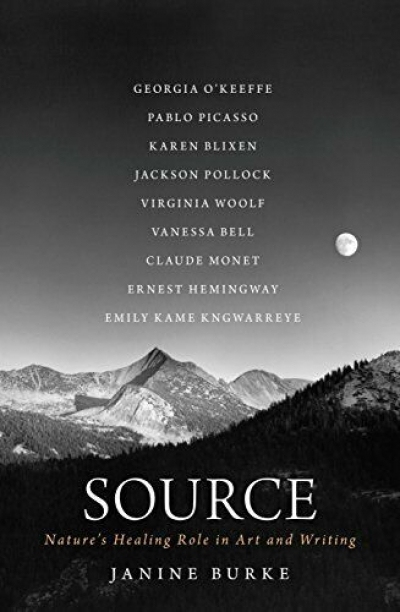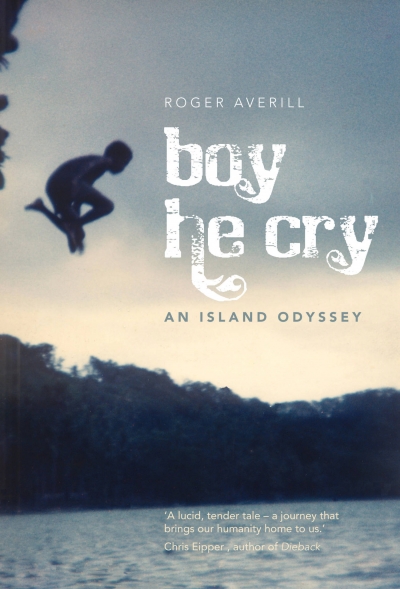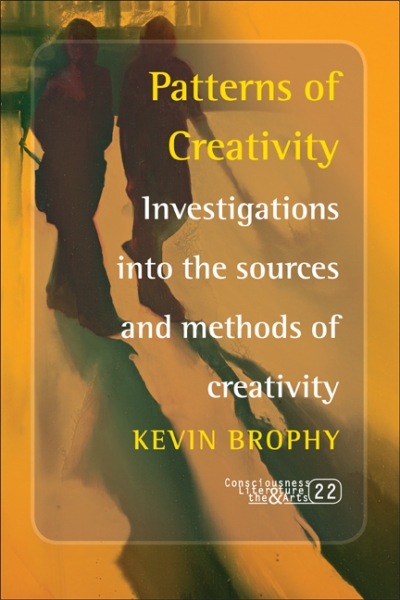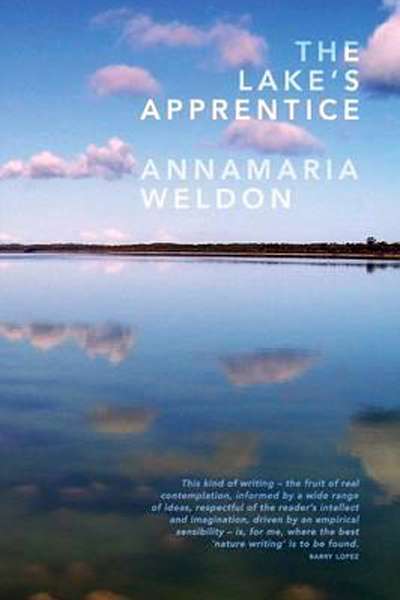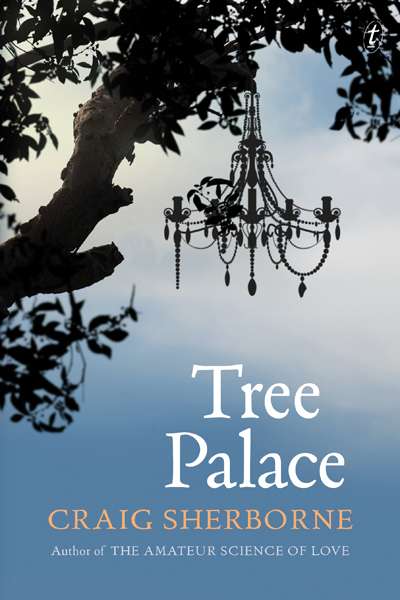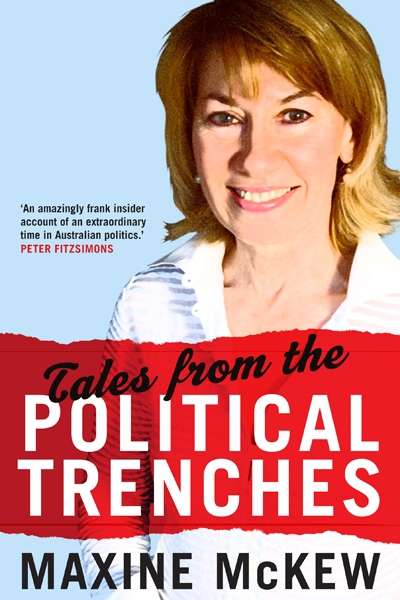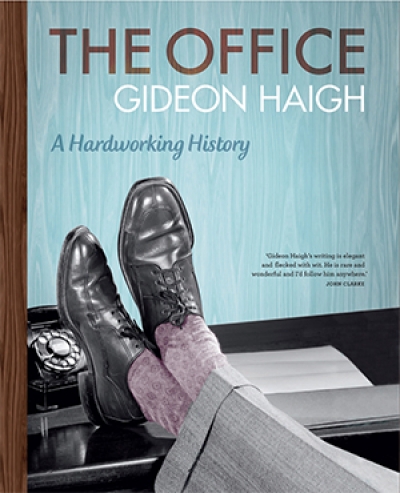Jane Goodall

Jane Goodall is a freelance writer and adjunct professor with the Writing and Society Research Group, University of Western Sydney. Her work has appeared recently in Griffith Review, Inside Story, and The Conversation. She won the Calibre Prize in 2009.
‘Boy he Cry’ or ‘Gwama’idou’ is the name of a boat owned by one of the inhabitants on Nuakata, the Melanesian Island that is the setting for Roger Averill’s odyssey. The boat is a canoe, hand-carved and painted yellow, with a bright plastic sail, so there is something incongruous about its poignant caption, which, as Averill learns, refers to a local expression: when a boy is hungry an ... (read more)
Holden Caulfield is a garrulous bore. Seymour Glass is a phoney. Franny and Zooey are spoiled brats. And J.D. Salinger is a media tart. All these things are partly true. To take the last first: there is surely a ring of truth about Imre Salusinzsky’s recent spoof obituary in which Jay Leno and David Letterman are quoted expressing their sadness at the loss of a favourite regular guest who was al ... (read more)
In his conclusion to this book, Kevin Brophy states a key principle of creative composition: ‘to be responsive to what happens, what is thrown into the mind, what one comes upon.’ This is at once a statement of advice for an artist at work, and a theoretical proposition.
Through the course of the ten essays that make up the volume, Brophy develops a hypothesis about the kinds of brain functio ... (read more)
Fingerprints have associations of guilt, but the footprint traditionally speaks of innocence. Think of Good King Wenceslas and his pageboy, crossing the moonlit snow to deliver food and fuel to the poor:
Mark my footsteps, good my page,Tread thou in them boldlyThou shalt find the winter’s rageFreeze thy blood less coldly.
Legend has it that the saint went barefoot on these nocturnal journeys. ... (read more)
Samuel Johnson had some advice for aspiring writers. ‘Read over your compositions,’ he said, ‘and where ever you meet with a passage which you think is particularly fine, strike it out.’ One imagines the impact of this recommendation on an eighteenth-century student of literature, clutching a page of overblown rhetorical flourishes and faux erudition. Our crimes of vanity in writing are ve ... (read more)
Craig Sherborne’s previous books include two memoirs, Hoi Polloi (2005) and Muck (2007), and an autobiographical novel, The Amateur Science of Love (2011). His second novel, Tree Palace, is an excursion outside the confines of the first-person narrative. First-person narrative does not of course always imply confinement, but in Sherborne’s case the mining of his own life experience has an inte ... (read more)
By its title, Tales from the Political Trenches promises reportage from the front line, eyewitness accounts of what really happens in the hidden zones of the political battlefield. The tales told here follow a rollercoaster sequence of political events: the meteoric rise of Kevin Rudd, Maxine McKew’s triumph over John Howard in the seat of Bennelong in the 2007 election, the plotting of malconte ... (read more)
When Gore Vidal died a few weeks ago, his publisher issued a statement calling him the last survivor of a postwar crop of American literary giants. ‘It is hard to think of another … who cut as dashing and visible a figure in various public realms,’ said Vidal’s Doubleday editor, Gerald Howard. Less than a week later the obituary columns were taken over by just such another figure – excep ... (read more)
What two things do the following people have in common: Samuel Pepys, Nathaniel Hawthorne, Honoré de Balzac, Charles Dickens, George Bernard Shaw, Émile Zola, Franz Kafka, P.G. Wodehouse, Dorothy L. Sayers, Kurt Vonnegut, and Gabriel García Márquez? Answer: they all did office work, and they all wrote about it. Regardless of Kafka’s conviction that ‘writing and the office cannot be reconci ... (read more)

